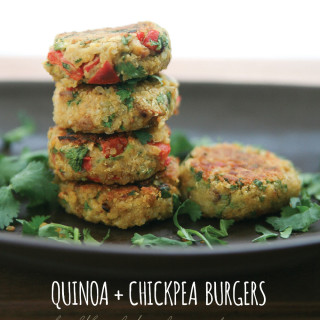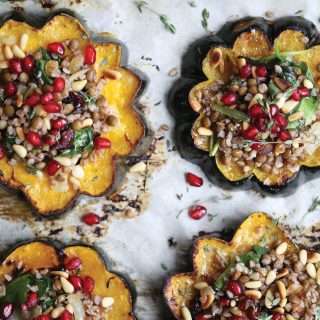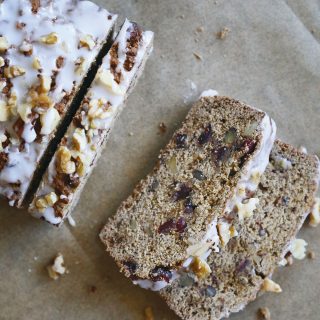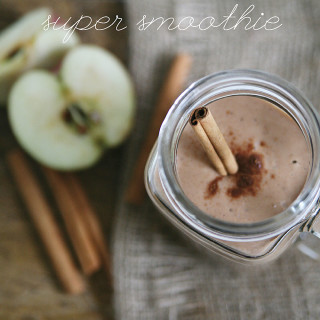The dietary approach to supporting your Spleen
The key to eating well is choosing foods, cooking methods, and eating habits that assist your Spleen in its digestive function.
Some general guidelines
Firstly, rather than considering which foods are ‘good’ or ‘bad’ for you, most people will benefit more from following some general guidelines on eating habits:
Don’t mix food and work. Your digestion works best when you are focused on your enjoyment of the meal, and are not distracted or troubled by other influences, such as reading, watching television, doing business, dealing with family tensions, and so on. Where possible, mealtimes should be relaxed. And this includes posture: breathing calmly, sitting with uncrossed legs, and not being hunched or twisted.
Chew food well. This lessens the work our digestive organs have to do and increases the efficient extraction of nutrients. Chewing also warms chilled food (though these should be generally avoided; see later). There is a saying in China: The stomach has no teeth.
Stop just before you are full. If you overeat at any one meal, you create a temporary queue of food waiting to be processed. As a result you feel tired while your energy is occupied digesting this excess food. If this is a habit, your Spleen becomes over-strained, which leads to other health problems (see below).
Don’t chill your Spleen. Too much raw or chilled food or fluid will also weaken your Spleen. Each time you eat raw or chilled food or liquid, your body must first heat this up to body temperature and then ‘cook’ it much more than with ‘pre-cooked’ food. All this activity is a great drain on your digestive energy. Prolonged or excessive use of chilled or raw food will eventually severely weaken your Spleen, possibly leading to the collapse of its function.
Don’t flood your Spleen. Your Spleen does not like too much fluid with a meal. A little warm fluid is helpful, but too much dilutes your Spleen’s action and weakens digestion: a teacupful is generally sufficient. Most fluid is best consumed between meals.
Eat your main meal early. Your Spleen’s function is at its peak at 11am. This is why most people feel a pang of hunger at about 11am. This is your body telling you that its digestive energy is at its strongest and that you should eat now. Where possible, take your largest meal during the day. If you eat late at night, your Spleen is at its weakest and it will be far less able to cope with the food.
Choose foods with good ‘energy’. Include as much organic and locally grown food in your diet as possible. In both cases, the nutritional energy of this food is more strongly preserved. This is also true of all fresh food. On the other hand, the nutritional energy of food is significantly damaged by microwave cooking, by excessive processing, by chemical preservation, and is destroyed completely by irradiation. All foods processed in these ways should be avoided. In general, you will know when the food you are eating has good nutritional energy, when the food’s natural flavours are still strong. The above processing methods all weaken the flavour of food.
Organically grown vegetables contain significantly more nutrients than non-organic vegetables. This is because the fertilisers used in non-organic production prevent the vegetables from absorbing minerals from the soil. Organic vegetables take longer to grow and produce a smaller yield and are therefore more expensive, but are nutritionally far superior2.
Establishing a broad and balanced base
Grains and vegetables provide a central core of nourishment that is easy on the digestion. If we divide food into three main categories, the following proportions are recommended:
- Vegetables and fruits: about 50%
- Grains: about 30%
- Beans, Dairy, Meat, Nuts: about 20%
Making food easy to digest
The process of digestion involves breaking food down into a warm soup in your Stomach. Your Spleen can then extract the nutrition from this soup and send it to where it is needed in your body. The cooking method most resembling the Stomach’s action is the preparation of soups and stews. This soupy mixture is already warmed and broken down for your Spleen to act upon it. Soups and stews are therefore the most Spleen-supportive meals.
For more visit: Cure Point







Hi,
Can this be implemented in treating mono or enlarged spleen. My next door neighbor has spleen problems and I wanted to find some info for him. This sound very interesting and I think I will suggest him this.
I am glad you read it and I hope that maybe more people will look at improving this organ ;) … no one ever thinks of the spleen… yet it’s so sensitive to our lifestyle factors and our bad habits of eating.
Part of my changes in my diet, was also to remove cold drinks during meals – if I HAVE to have them – they’re in between meals and I let the drink cool in my mouth before I swallow it up. I also stopped working or watching tv while eating – a meal time is it’s own ritual and I teach my toddler that too.
I also think North American’s have bad eating habits in the way we eat processed foods and also eat the largest meal late in the evening. If you look at the other parts of the world, they don’t have obesity or intestinal problems like the Americans – that’s because of their eating habits which put strain on the spleen and overall health. For overall good health, we need to simplify things, get back to natural order of things and we will look and feel a lot healthier and happier.
Nice post! You truly have a wonderful way of writing which I find captivating! I will definitely be bookmarking you and returning to your blog.